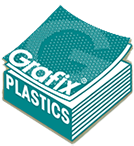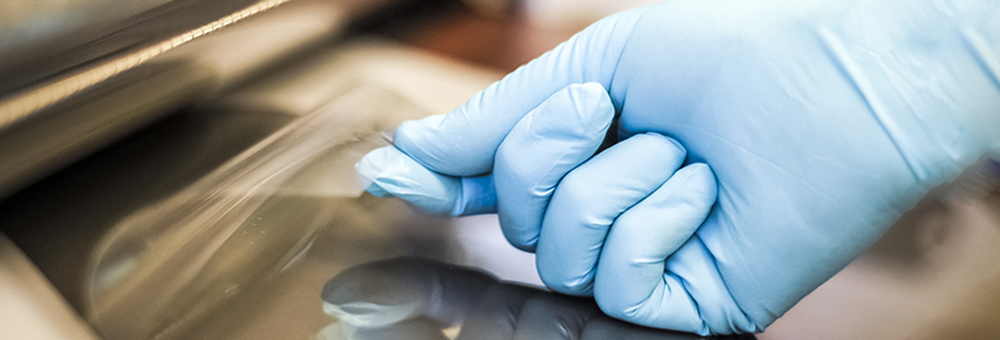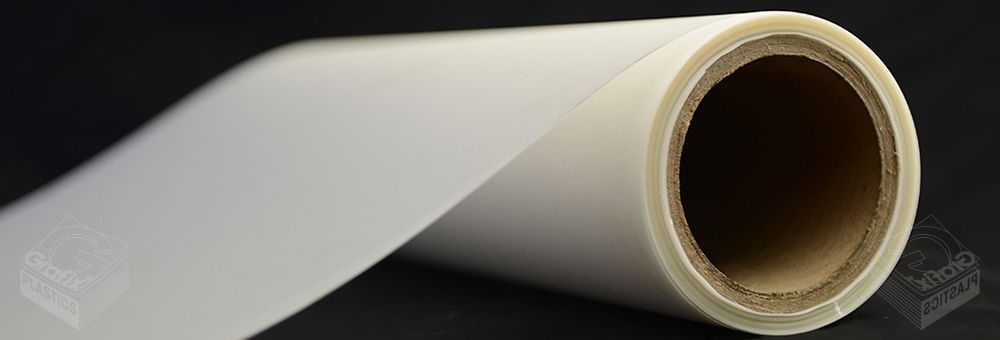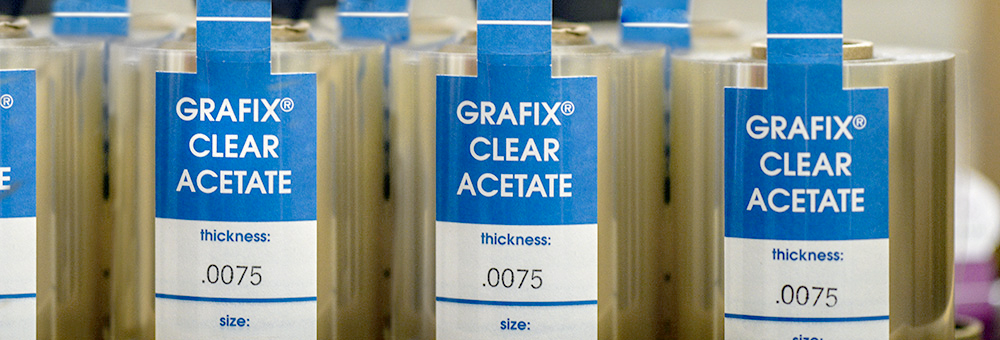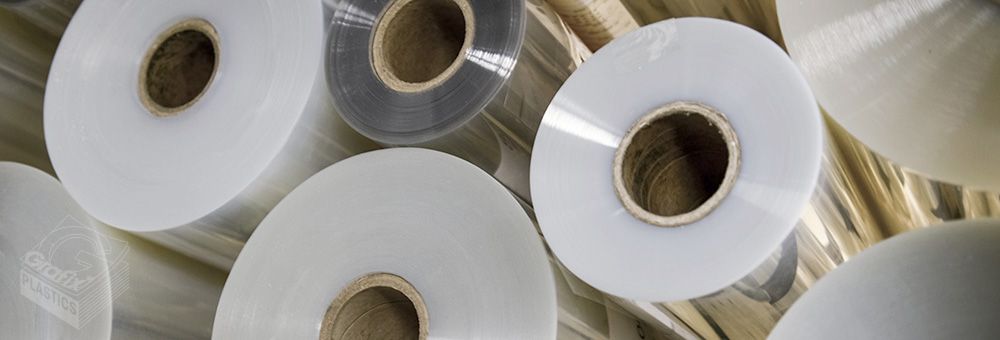Is DuraLar Adhesive Backed Film printable?
DuraLar Adhesive Back Film is not designed to be printed specifically, By enlarge our DuraLar films are able to be screen printed. We recommend you contact your ink vendor for more information on printing on Polyester Film. This product is not designed for digital printing. For digital printing on Adhesive Backed Film, please check out … Read more
